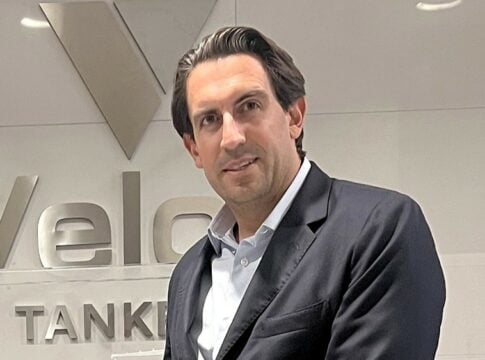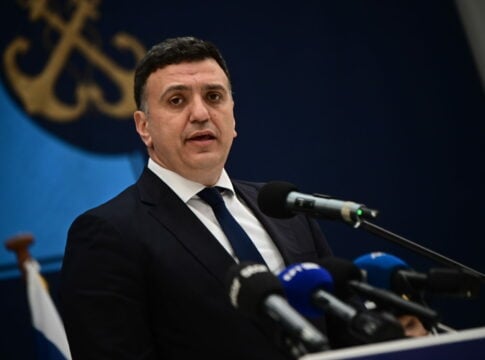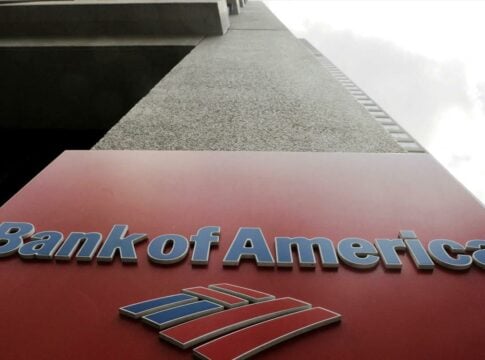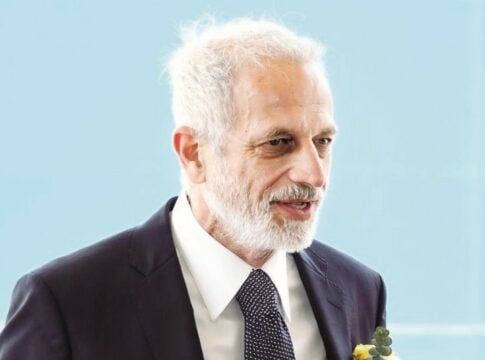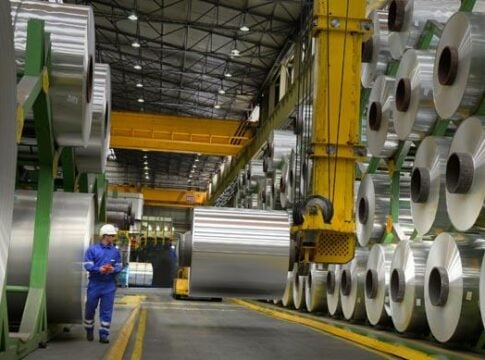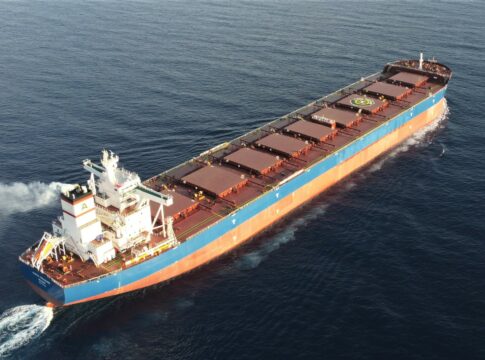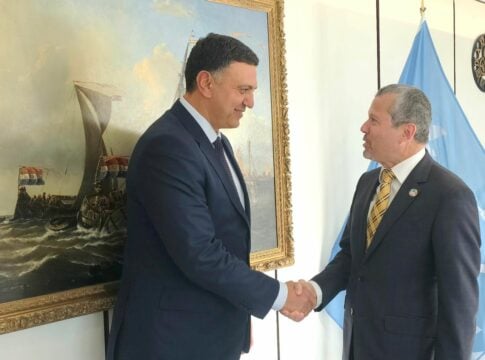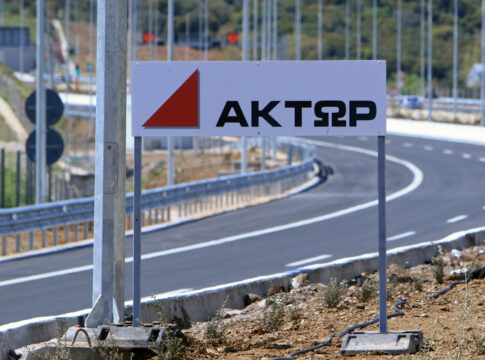The President and CEO of GEK TERNA Group, George Peristeris, outlined the conditions for Greece to become a regional logistics hub, with “green” infrastructure and high added value.
Peristeris was addressing the Athens International Investment Summit, on the topic “Investing in Innovation and Infrastructure as Drivers of Growth.”
Referring to foreign investments, he noted: “We have collaborated with some of the largest investors in Europe and foreign investments are always welcome. In difficult times, foreigners reasonably keep their distance. GEK TERNA, however, never stopped investing in the country even in the most difficult years. Today, the picture in Greece is much more optimistic – I would say extremely positive. Attracting foreign capital is useful and I believe that GEK TERNA is one of the companies with which international investors will be particularly interested in cooperating.”
In more detail, Peristeris underlined:
The priority is now shifting to the creation of an integrated and interconnected supply chain system. This is a single network of ports, airports, highways and railways. GEK TERNA is one of the Greek companies with a proven ability to create large infrastructure projects.
There is a clear investment gap, especially in the transport sector in northeastern Greece. First of all, critical sections of the railway network are missing, which are absolutely necessary to create a coherent network of interconnected ports — Alexandroupolis, Kavala, Thessaloniki — as well as the corridor to the Black Sea.
The country’s largest road axis connecting Eastern Europe and Turkey with Western Europe — the Egnatia Motorway — is currently poorly maintained. He stressed that the Ministry is making every effort to ensure that the concessionaire takes over and that the Egnatia Motorway is properly maintained. Equally critical are energy interconnections. It is unthinkable that there will be no electrical interconnection with the islands of the North Aegean. Furthermore, for reasons more political than technical, there are no sufficient electrical interconnections with Western Europe. At a time when electricity prices in Greece can be almost zero during the day, in Bulgaria and Romania negative, while in Italy they reach 87 euros/MWh. A complete electricity interconnection would benefit both sides – Greece, which has an energy surplus, and Italy, which would see prices fall. However, political reasons make it difficult to implement these projects.
Institutional and political stability is a prerequisite so that the progress of projects is not affected by political changes. For example, the Trans-European Transport Network (TEN-T), which costs 13-15 billion euros to be implemented on time, requires a stable policy that is not affected by policy changes.
Greece’s aim is not simply to be a transit corridor for goods, but to create added value along the entire supply chain. This means developing logistics zones with assembly and processing capabilities, as well as investing in digital transformation to provide high-value services. A typical example is the Commercial Vehicle and Container Tracking System, which is currently being implemented at the initiative of the government. There is still a lot of room for growth: the logistics sector currently contributes 6%-9% of GDP, while in countries such as the Netherlands this figure reaches 10%-12%.
To achieve this transition:
- Logistics investments must be aligned with ESG criteria, which are not just a trend or idea, but act as a real “safety net”.
- Projects must be accompanied by clear milestones and measurable objectives, so that they are attractive to investors and useful to society.
- Experience shows that the longer the concession period for greenfield projects, the more affordable the project becomes for the end user – a fact that is often underestimated in the public debate.
- Until now, a logistics center was simply a place to store and distribute goods. Today, a more sophisticated approach is required: even a pumped storage station acts as an energy “logistics center”, storing and distributing power when needed. Proper water management and energy security are fundamental to creating strong, competitive logistics chains.



